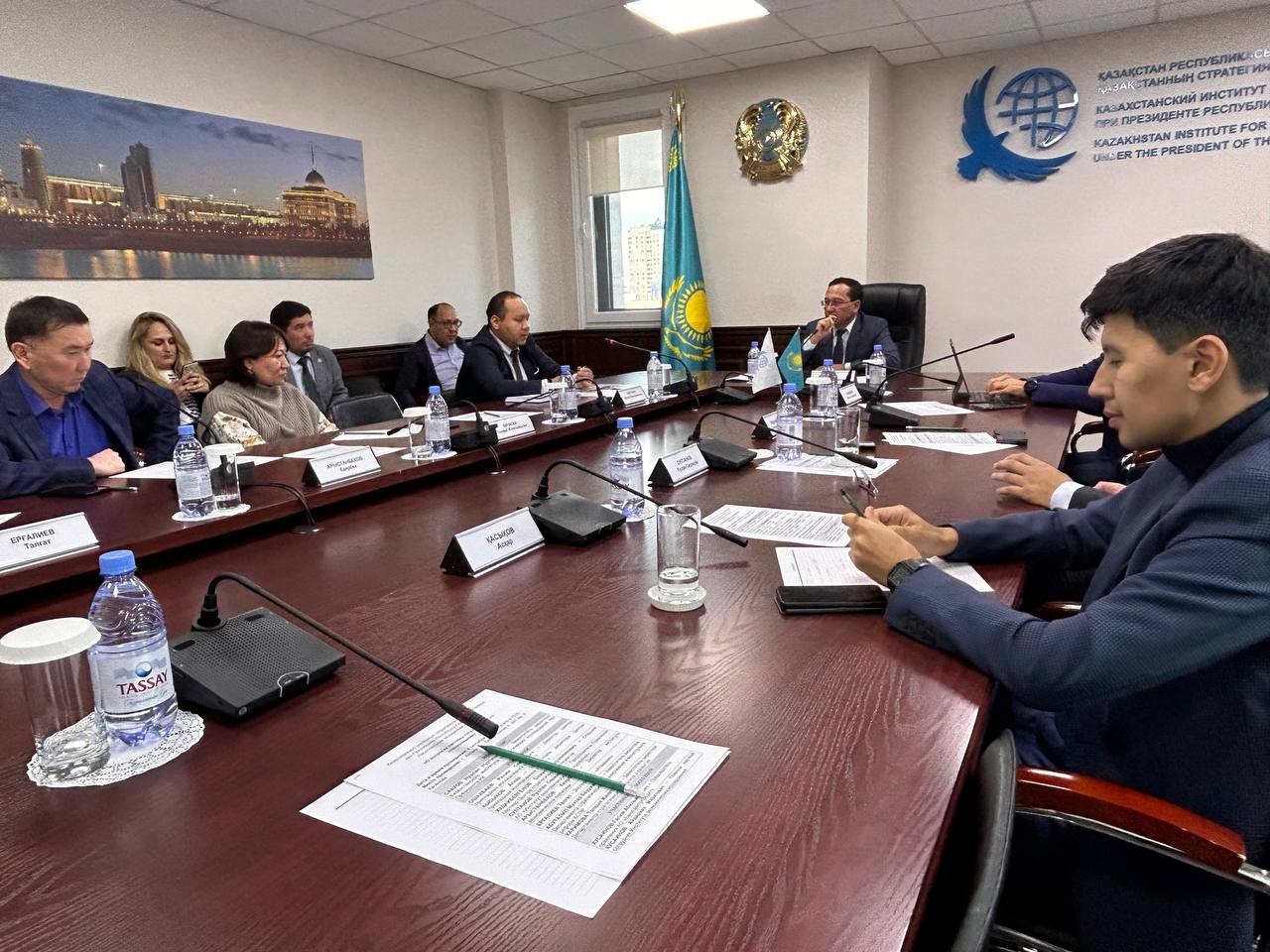ASTANA – Experts from both the Kazakh state and independent sectors will soon have the opportunity to assess economic development indicators and offer recommendations to the President, the Executive Office of the President, the government, and other relevant parties.

Photo credit: The Astana Times.
Nurlan Sakuov, Deputy Director of the Kazakhstan Institute for Strategic Studies (KazISS), revealed the formation of the Council of Economic Experts during a meeting on Sept. 4. The meeting was convened to discuss President Kassym-Jomart Tokayev’s recent state-of-the-nation address.
Sakuov emphasized the President’s directive to fundamentally revamp the state planning system to make it more compact and flexible. He noted that Kazakhstan plays a significant role in the global economy and that its planning system must be adaptable to both external challenges and the current economic climate.
“Effective state planning is increasingly becoming a crucial element of our national strategy, especially in the context of globalization and a rapidly evolving world,” Sakuov said. “It provides the foundation for the high-quality and efficient execution of the President’s directives.”
The council members will regularly discuss various critical issues and aim to produce increasingly detailed and high-quality recommendations. This, in turn, will help Kazakhstan enhance its efficiency in addressing economic and strategic challenges.
Tolkyn Karimova, Deputy Director of the Strategic Analysis and Development Department at the Ministry of National Economy, explained that the overhaul of the state planning system is an ongoing initiative. Since late last year, her department has been reviewing all relevant documents and contemplating possible changes to the system’s existing six-tiered structure.
“We anticipate that the state planning system will transition to a three-tiered framework,” Karimova said. “We continuously analyze it because all state agencies have raised concerns about its unwieldy structure. Streamlining it is a priority.”
Karimova also disclosed that of the 12 national projects previously approved, only three will go forward: Comfortable Schools, Rural Healthcare, and Accessible Internet. The remaining projects will be discontinued.
Meeting participants observed that frequent changes in regulatory documents can disrupt business plans and deter potential investors. The group also examined the experiences of other countries, discussed regional disparities within Kazakhstan, evaluated budget policies, and assessed challenges in coordination among various state agencies.
